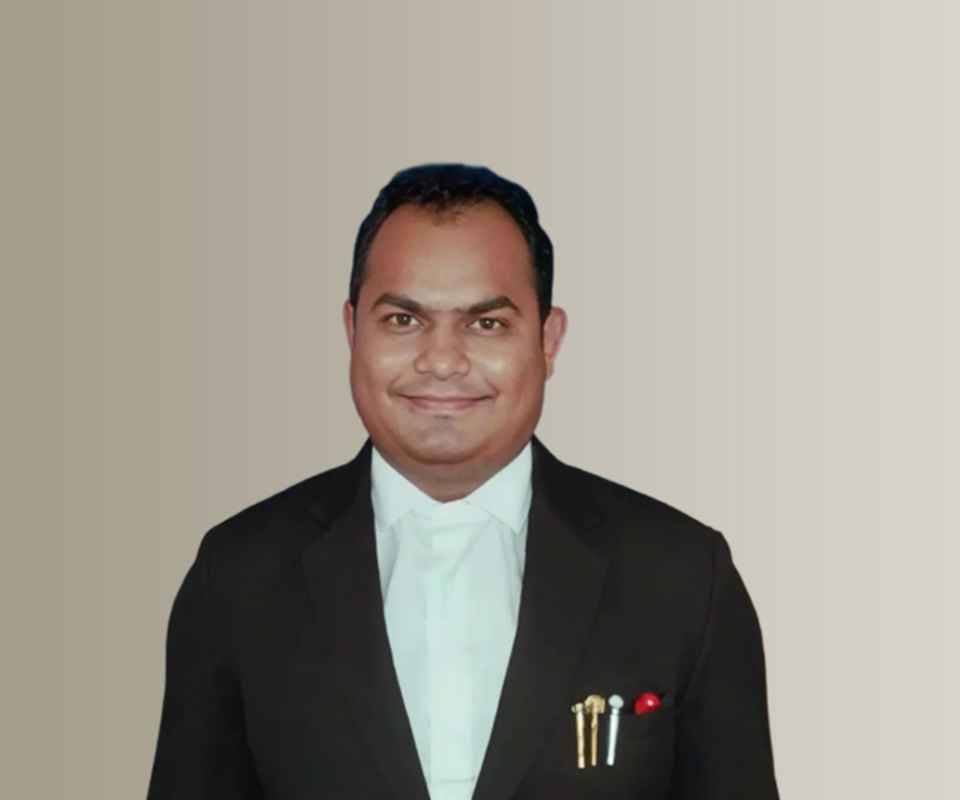Answer By law4u team
In India, PhD and research programs are governed by a set of regulations and policies formulated by the Government of India and enforced through various educational bodies like the University Grants Commission (UGC), the Ministry of Education, and other higher education authorities. These regulations are designed to ensure that doctoral research adheres to high academic standards, is conducted with integrity, and provides scholars with necessary resources and support.
Government Regulation of PhD and Research Programs:
Regulatory Bodies and Framework:
The University Grants Commission (UGC) is the key body responsible for regulating and setting standards for PhD and research programs in Indian universities and higher education institutions. UGC lays down the minimum standards and procedures for the award of doctoral degrees and research programs.
The UGC (Minimum Standards and Procedure for Award of M.Phil./Ph.D. Degrees) Regulations, 2009, and subsequent amendments provide a comprehensive framework that institutions must follow to offer PhD and M.Phil. programs.
Additionally, National Board of Accreditation (NBA) and National Assessment and Accreditation Council (NAAC) also play a role in monitoring research quality at institutions.
Eligibility Criteria:
The UGC regulations specify the eligibility criteria for students to enroll in PhD programs, such as completing a Master’s degree with a certain minimum percentage (typically 55%) and qualifying an entrance test or interview.
Research fellowships like the UGC NET-JRF (National Eligibility Test for Junior Research Fellowship) or CSIR NET are common ways through which students secure funding for their research.
Research Guidelines and Academic Integrity:
To maintain academic integrity, the UGC and other regulatory bodies enforce guidelines on research ethics to prevent academic misconduct like plagiarism. PhD scholars are required to submit their research work through plagiarism detection software.
Universities are also required to have an Ethics Committee to review research proposals and ensure that research follows ethical guidelines, particularly in fields that involve human participants or animals.
PhD Course Work and Supervision:
PhD scholars are required to complete a coursework component, which usually lasts for about one year. This coursework is meant to prepare students for their research by enhancing their research methodologies, subject knowledge, and academic writing skills.
The supervision of PhD scholars is a critical aspect. The university assigns a research supervisor who is responsible for guiding the scholar throughout the research process. The UGC mandates that the supervisor must be a faculty member with significant experience in the subject and must supervise no more than a prescribed number of students to ensure quality mentorship.
Research Funding and Scholarships:
The Government of India provides funding for research through various schemes, such as the UGC Research Fellowship, Maulana Azad National Fellowship, and the Prime Minister’s Research Fellowship (PMRF) for outstanding scholars.
Research grants are available from government agencies like the Department of Science and Technology (DST), Council of Scientific and Industrial Research (CSIR), and Indian Council of Medical Research (ICMR). These grants support research infrastructure, equipment, and project costs.
Evaluation and Monitoring:
Research scholars must submit periodic progress reports to their universities, which are assessed by their supervisors and academic committees. Additionally, universities are required to conduct viva-voce or oral defense of the dissertation before awarding the PhD degree.
The UGC Regulations also specify a maximum time period for completing the PhD, which typically ranges from 3 to 5 years, with an extension allowed in certain cases.
Research work is subject to a rigorous evaluation process, including submission of a thesis that is reviewed by external examiners. Only after approval from these examiners and a successful viva, the degree is awarded.
Quality Assurance Mechanisms:
Institutions must adhere to quality assurance norms set by the National Institutional Ranking Framework (NIRF) and other bodies like NAAC, which assess research productivity, faculty quality, and academic outcomes in universities.
The quality of research is also ensured through peer review processes, both internally within the university and externally when articles and papers are published in journals.
International Collaboration and Recognition:
The Indian government encourages international collaboration in research by offering various schemes for joint research projects with foreign institutions, such as those under the India-UK or India-US collaborative programs.
Some universities also have partnerships with international research institutions to enhance the scope and impact of their research programs, while adhering to global research standards.
Compliance with National Education Policies:
The National Institutional Ranking Framework (NIRF) and the National Education Policy (NEP) 2020 emphasize the importance of enhancing the quality of doctoral research in India. The NEP envisions expanding research opportunities, improving infrastructure, and fostering innovation in universities.
The NEP also suggests increasing research funding and supporting interdisciplinary research, which would play a significant role in enhancing the global competitiveness of Indian PhD programs.
Dispute Resolution:
In case of disputes regarding the research process, including issues related to supervisors, plagiarism, or the awarding of the degree, universities must provide a mechanism for resolving conflicts. These mechanisms usually involve an Academic Grievance Redressal Committee or a Disciplinary Committee within the institution.
Example:
For example, a student pursuing a PhD in biotechnology at an Indian university may receive funding through the UGC JRF scheme, which supports them with a stipend and research grant. The student will also be assigned a supervisor who specializes in biotechnology and is required to submit progress reports every six months. The university will ensure the research is ethical and academically sound, following the guidelines set by the UGC. Upon completing the thesis, the student will undergo a viva-voce before the degree is awarded.
Legal Protections and Oversight:
UGC and Ministry of Education:
The UGC, along with the Ministry of Education, ensures that universities comply with the regulations set for PhD programs. They also issue notices and updates regarding any amendments in regulations.
Plagiarism Control:
Institutions are required to use plagiarism detection software like Turnitin to prevent academic misconduct. They also have the authority to withdraw the degree if plagiarism is discovered post-award.
Research Committees and Peer Review:
PhD dissertations must go through internal and external peer reviews, and the research process is monitored for quality assurance by academic committees within the university.
Conclusion:
The Indian government, through agencies like the UGC and the Ministry of Education, regulates PhD and research programs to ensure quality, academic integrity, and global standards. By setting minimum academic standards, providing funding opportunities, and ensuring rigorous evaluation processes, the government aims to promote high-quality research that contributes to the development of knowledge and innovation in India.







